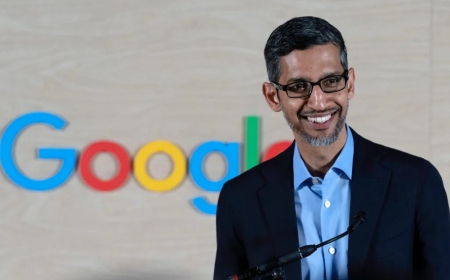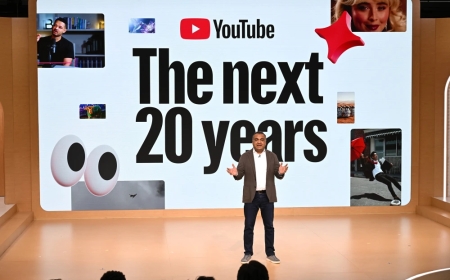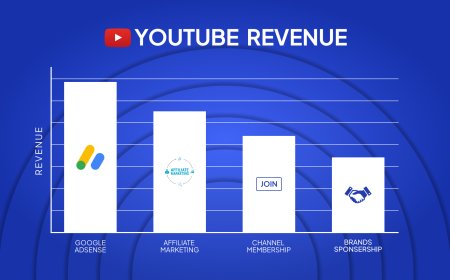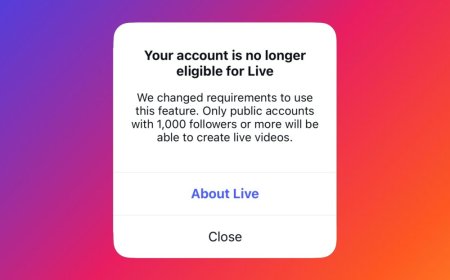New OpenAI browser vs Chrome vs Safari vs Opera: Get ready for the next browser war
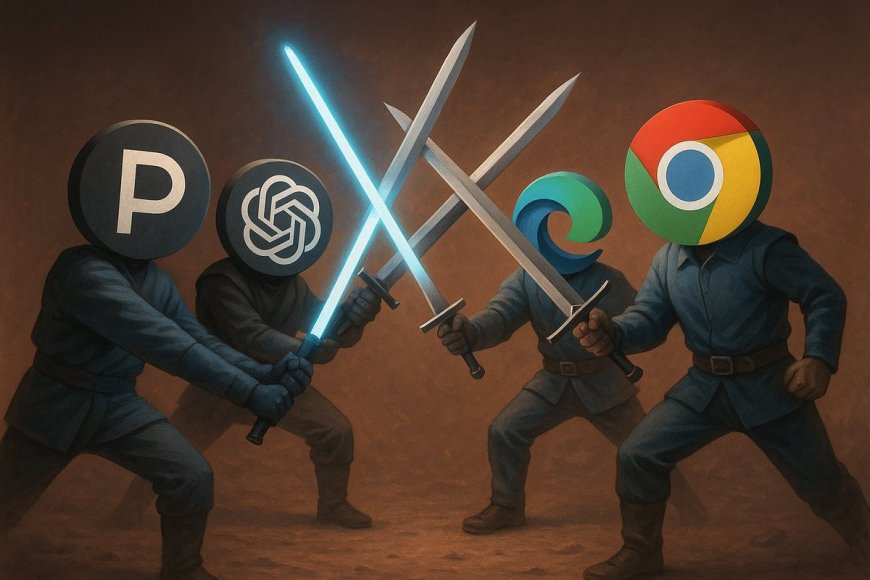
The browser wars? They ended two decades ago — Google claimed the crown with Chrome, and the world moved on.
But the story isn’t over.
Now comes the plot twist: OpenAI — the same force that gave us ChatGPT — is stepping into the arena, ready to upend everything. With a bold new browser in the works, they’re not just taking on Chrome or giving Safari a nudge.
They’re aiming to redefine what it even means to surf the web.
Now, imagine a browser that doesn’t just show you pages but understands you, anticipates your needs, and makes the internet work for you like never before.
Tech media reports that the new browser could redefine web browsing — by seamlessly blending the power of cutting-edge AI with the smooth, familiar experience you already love.
Tech Crunch speculates that it could also be the end of endless tabs or tedious searches: this browser will be your smart, intuitive assistant, right at your fingertips.
And here’s the kicker: OpenAI’s AI-powered browser is set to launch later this month, according to the hottest tech insiders.
Brace yourself for a browsing revolution that’s about to turn the web into your smartest, most helpful playground yet.
Browser wars
The move could potentially challenge the dominance of Google Chrome, Apple’s Safari, and Opera.
On a fundamental level, it could usher in a new way in which users interact with the internet, a re-imagination of what the internet should be – a sort of Web 3.0.
Web 3.0 (aka Web3), is the next iteration of the internet, envisioned as a decentralised, open, and “more intelligent web” built on AI, blockchain technology and the Semantic Web.
In January, Sam Altman and Co gave a research preview of "Operator", an agent that can use its own browser to perform tasks for you.
OpenAI's browser could have it core features, which fundamentally aim to give users greater control over their data and online interactions, moving away from the centralised control of Web 2.0.
Launch date
Multiple sources reported that the browser is set to launch “in the coming weeks”, with July 2025 widely reported as the release window, according to Yugatech and CNBC.
Developer and technology basis
The OpenAI browser is developed by OpenAI, a leader in artificial intelligence research and application. These are expected features of the OpenAI browser:
| Feature | OpenAI Browser | Chrome | Safari | Opera |
|---|---|---|---|---|
| Tech Basis | Chromium + AI | Chromium | WebKit | Chromium |
| AI Integration | Native (ChatGPT, Operator) | Limited (extensions) | Limited (Siri, RPA) | Some (AI prompts) |
| Release Date | July 2025 | 2008 | 2003 | 1995 |
| Task Automation | Advanced, built-in | Minimal | Minimal | Some |
| Conversational UI | Yes | No | No | No |
| Market Position | New, disruptive | Dominant | Second largest | Niche |
What it’s built on
The browser is built on Chromium, the same open-source platform that underpins Chrome, Edge, and Opera.
This ensures a familiar user experience while enabling OpenAI to layer advanced AI features on top of a proven, stable foundation, TechGig reported.
What sets the OpenAI Browser apart?
It is widely anticipated to have a deep AI integration.
-
ChatGPT-Style Interface: Unlike traditional browsers, OpenAI’s browser incorporates a “native” chat interface. Users can interact with the browser conversationally, asking it to summarise articles, fill out forms, book reservations, or even automate repetitive tasks — without manually clicking through multiple pages, according to Social Samosa.
-
Operator AI Agent: The browser natively integrates OpenAI’s Operator, an AI agent capable of handling a variety of web tasks. Operator leverages advanced models to “see” and “act” within the browser, automating workflows and personalizing experiences based on user instructions, as per OpenAI.
Smarter, more efficient browsing
-
Task automation: Users can delegate complex or repetitive actions — like online shopping, travel bookings, or form submissions — to the AI, freeing up time and reducing friction, according to TechGig.
-
Conversational search: Instead of traditional keyword searches and endless tab-hopping, the browser provides direct, context-aware answers and recommendations within the chat interface, as per CNET.
-
Personalisation: By analysing browsing history (with user consent), the browser tailors responses and automates tasks, aiming for a seamless, assistant-like experience, according to Yugatech.
Privacy and data strategy
OpenAI’s move into browsers is also strategic: by controlling the browser, OpenAI gains direct access to user data, which can be used to improve AI models and services.
This contrasts with Chrome, which channels data primarily to Google’s advertising ecosystem.
The road ahead
With over 400 million weekly active ChatGPT users, OpenAI’s browser has a ready audience and the potential to shift web habits on a massive scale.
Its focus on AI-driven productivity, automation, and conversational interaction could set it apart from established browsers, signalling a new era where the browser becomes an active assistant rather than a passive tool.







































